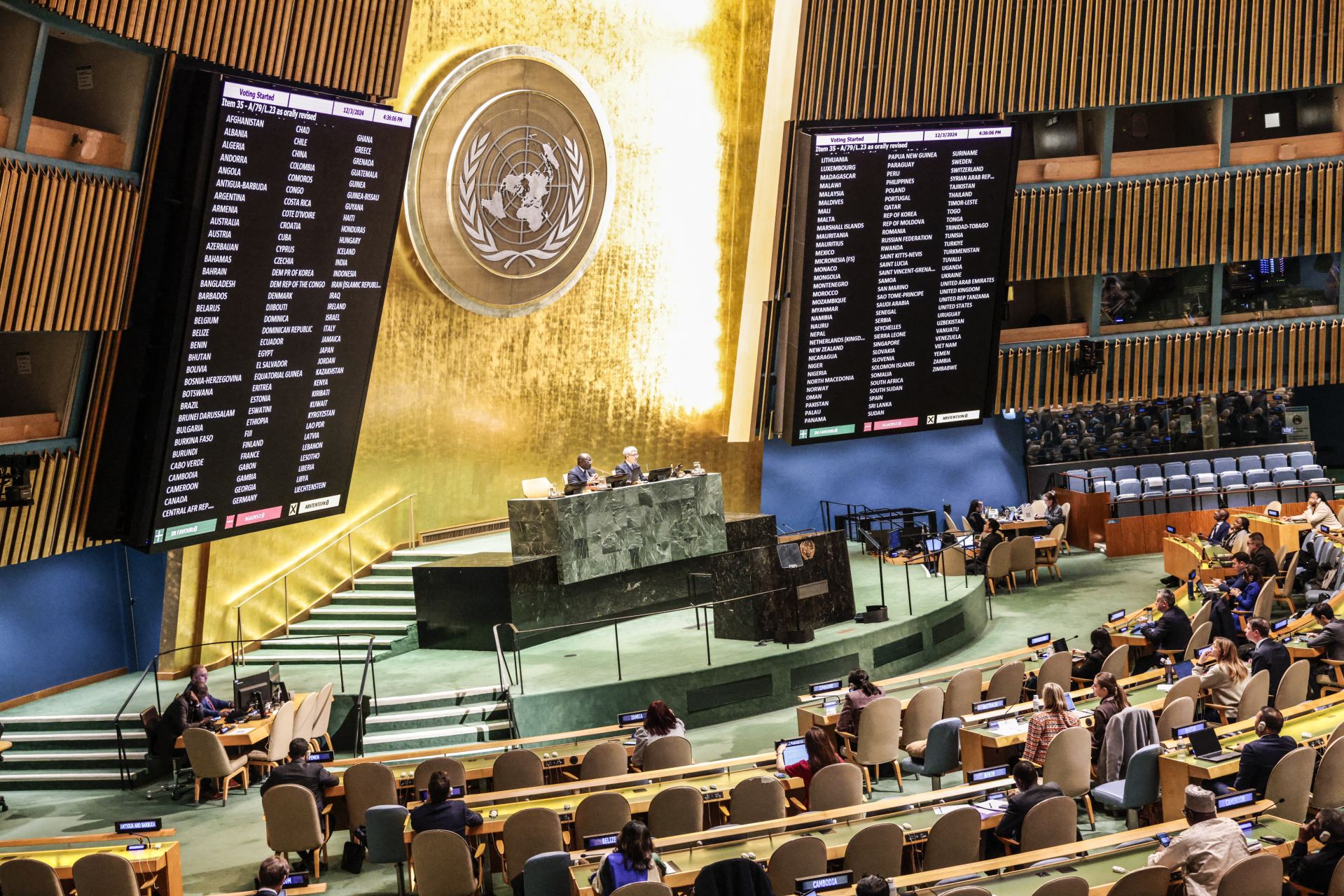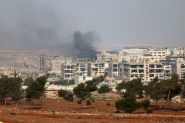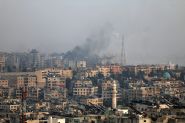- Home
- Middle East
- Political Transition in Syria Must Include "Accountability": UN

General Assembly 46th plenary meeting on December 3, 2024, at UN headquarters in New York City. ©AFP
Any political transition in Syria following the fall of president Bashar al-Assad must include accountability for him and others behind crimes committed under his rule, the UN rights chief said Monday.
"Any political transition must ensure accountability for perpetrators of serious violations and guarantee that those responsible are held to account," Volker Turk told reporters in Geneva.
Asked about whether Assad was among those who should be brought to account, he said the "former president of Syria and whoever was in senior leadership positions, there are indeed serious grounds to believe that they may have committed atrocity crimes".
"It is imperative that all evidence be collected and preserved meticulously for future use."
His comments came after Assad fled Syria as Islamist-led rebels swept into Damascus, triggering celebrations across the country and beyond at the end of his oppressive rule.
Assad's government fell 11 days after the rebels began a surprise advance, more than 13 years after Assad's crackdown on anti-government protests ignited Syria's civil war -- which had become largely dormant until the rebel push.
Syria's war has killed more than 500,000 people and forced half of the population to flee their homes.
Turk described "the most serious human rights violations... including torture and the use of chemical weapons".
The sudden and dramatic shift in Syria brought "hope that this would be an opportunity for the country to build a future grounded in human rights, freedom and justice", Turk said.
He added that "reform of the security apparatus will be key". "This transition must also ensure that the tragedy of missing people is addressed," he said, pointing out that more than 100,000 people had disappeared during the civil war.
Highlighting that hostilities were still reportedly ongoing in parts of Syria, Turk said it was "imperative that all parties abide by their obligations under international humanitarian law and human rights law". In particular, he said, "all measures must be taken to ensure the protection of all minorities, and to avert reprisals and acts of revenge".
With AFP
Read more



Comments